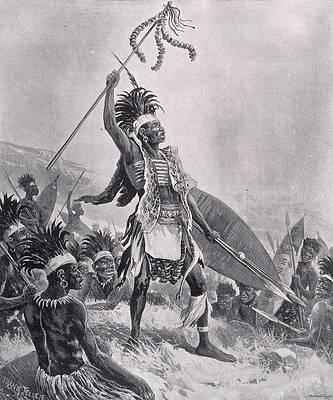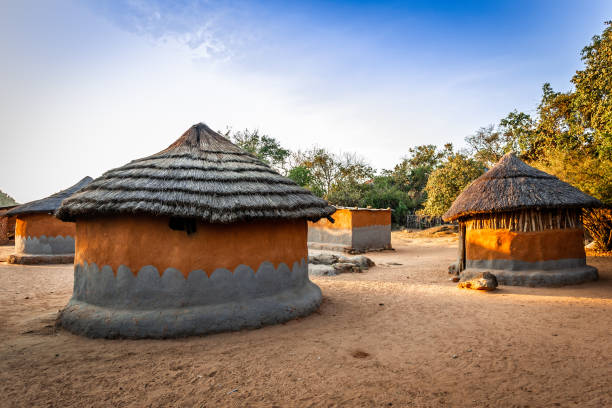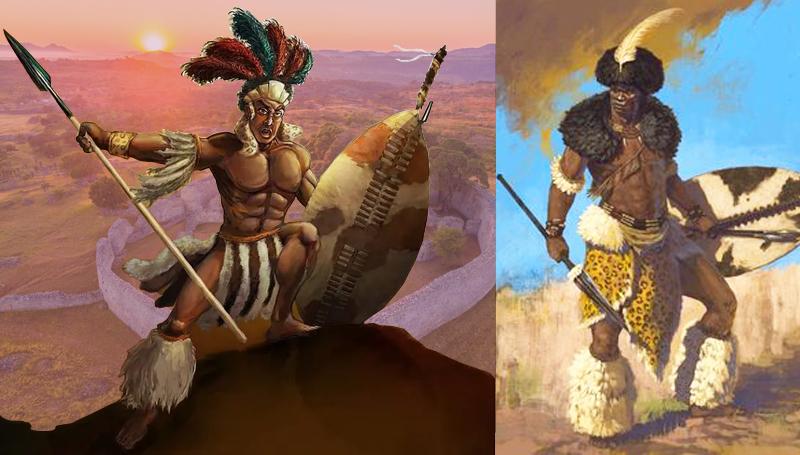The Rozvi Empire (1684–1866) was a Shona state established on the Zimbabwean Plateau by Changamire Dombo. The term “Rozvi” comes from the Shona word “kurozva,” which means “to plunder.” It refers to their history as a warrior nation.
Origins
Following the death of King Matope, Dombo or Changa relocated to the south and established the Rozwi Kingdom. In establishing the Rozwi Kingdom, Dombo defeated the Torwa rulers of Guruuswa or Butua. The rozwi military regiment, which was known for its discipline and effectiveness, was given the name of the kingdom. Changamire Dombo was Dombo’s moniker after he was given the title changamire. Mambos would be his successors’ title.

Expansion
Changamire Dombo drove the Portuguese out of Mutapa and Manyika between 1684 and 1696, making the Rozwi Empire the most powerful empire on the Zimbabwe plateau, the Zambezi Valley. In 1696, Changamire Dombo died. The Zambezi Valley would be dominated by his dynasty. Mutapa had to settle for a minor kingdom. Dhlo Dhlo, Khami, and Naletali are examples of stone structures built by powerful chiefs.
Organization
The Empire’s rozwi regiments kept the Empire in power and order. Other Shona satellites paid tribute to the regiments. They were in charge of the king’s tens of thousands of cattle herds. Rozwi regiments toured the empire with administrators known as banyami on a regular basis. Banyami was in charge of collecting tribute and making succession decisions for local Shona chiefs. Ivory, skins, food, and, most importantly, cattle were used to pay tribute.

Technology and Economy
Gold mining was a significant activity. Its production is monopolized by the government. The Portuguese were not allowed to enter the kingdom. Cattle, agriculture, and hunting were the mainstays of the economy. The economy was not reliant on external trade.
The Rozvi kings revived the stone-building tradition and built impressive cities throughout the southwest, which are now known as ‘zimbabwes.’ Its culture was also represented by polychrome pottery. Agriculture was the backbone of the Rozvi empire, which had many economic branches.
They grew sorghum and millet, and the state was heavily reliant on subsistence farming. Another important agricultural branch was livestock. They kept sheep, goats, cattle, and chickens; those who had a large number of livestock were considered wealthy and had a high economic status in society.
Another important economic activity was trade, which the Rozvi engaged in both internally and externally. They obtained imported goods such as guns, salt, beads, and sea shells from foreign traders in exchange for ivory, copper, and gold.
Males were also involved in mining, which was a major branch. When raiding or defending their state, the warriors were armed with spears, shields, bows, and arrows.
Its warriors were known for their ferocity, earning the name rozvi, which means plunderers or destroyers. They rose to become Zimbabwe’s most powerful fighting force.
The Rozvi empire’s economic power was based on cattle wealth and farming, as well as significant gold mining. They formed relationships with Arab traders, exchanging valuable items like gold, copper, and ivory for imported luxury goods.
The Rozvi were sophisticated military strategists, according to Portuguese records. Years before the great Zulu leader Shaka adopted it in the 19th century, they were known for using the cow-horn formation. The aggressive Rozvi conquered the Zimbabwe plateau with spears, shields, bows, and arrows.
Kings of Rozvi Empire
- Changamire I (c. 1480-1494)
- Changamire II (1494-1530)
- Changamire Tumbare (1530-c.1660)
- Changamire Dombo (c.1660-1695)
- Changamire Zharare (c.1695-c.1700)
- Changamire Negamo (c.1700-1710)
- Chirisamuru (c. 1712-1788)
- Changamire Dhafa(c.1790-1824)
- Changamire Baswi (c.1825)
- Changamire Chirisamuru II (c.1828-1831)
- Changamire Tohwechipi Zharare (1831-1866)
 The African History Truly African
The African History Truly African

